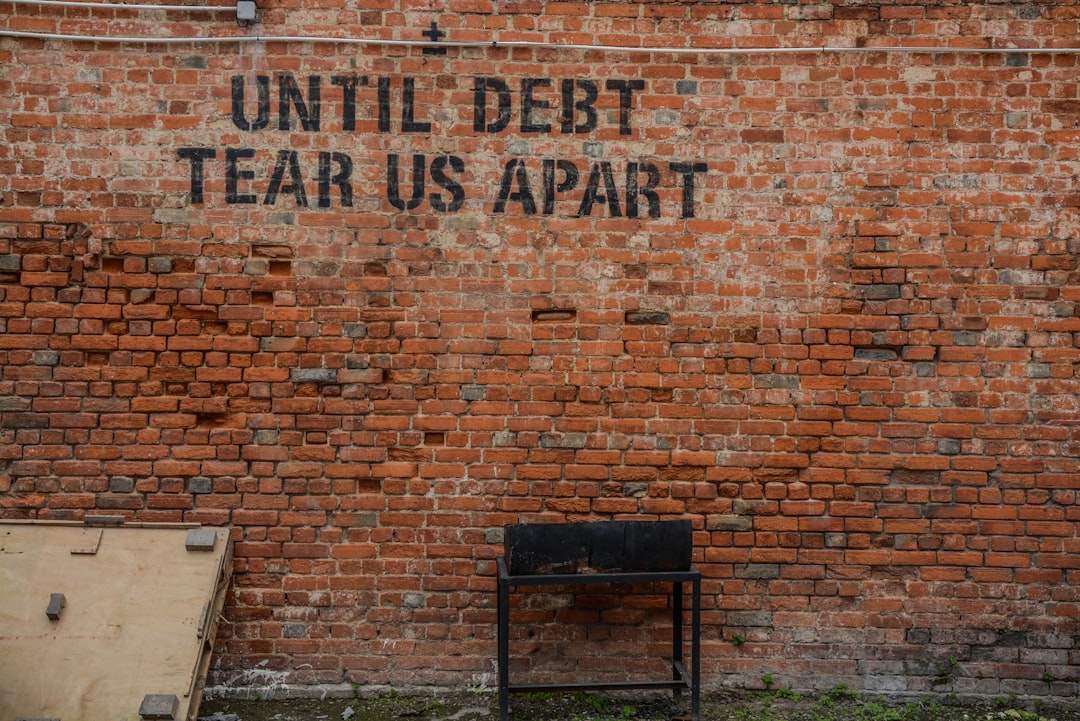Bad Credit Debt Consolidation Loans streamline multiple high-interest debts into one lower-rate loan, simplifying budgeting. While requiring careful consideration and strict criteria, these loans offer a path to financial recovery for individuals with bad credit, but may come with higher interest rates and extended repayment periods. Application involves providing personal and financial details, with approval based on income stability and debt management plans. Effective repayment requires strategic budgeting, prioritizing high-interest debts, and maintaining consistent automatic payments.
Struggling with multiple personal loan debts and credit cards? Debt consolidation could be a solution, especially if you have bad credit. This article explores comprehensive options for bad credit debt consolidation loans, guiding you through types of loans, benefits, drawbacks, eligibility criteria, application processes, and effective repayment strategies. Learn how to navigate this path towards financial freedom.
- Understanding Bad Credit Debt Consolidation Loans
- Types of Loans for Debt Consolidation
- Benefits and Drawbacks of Each Option
- Eligibility Criteria for Debt Consolidation
- Application Process and Requirements
- Strategies to Repay Consolidated Debts Effectively
Understanding Bad Credit Debt Consolidation Loans

Many individuals struggling with personal loan debts and credit card balances may feel hopeless, especially with less-than-perfect credit scores. This is where bad credit debt consolidation loans step in as a potential solution. These specialized loans are designed to help borrowers consolidate multiple high-interest debts into one single loan with a potentially lower interest rate. The primary goal is to simplify repayment and reduce the overall cost of debt over time.
Understanding this option is crucial for those with poor credit histories, as it offers an opportunity to repair financial health. Bad credit debt consolidation loans often come with flexible terms and conditions tailored to the borrower’s needs. Lenders consider various factors beyond just credit scores, allowing individuals to improve their financial standing while managing debt more efficiently.
Types of Loans for Debt Consolidation

When considering debt consolidation, individuals with bad credit often face unique challenges. However, there are specific loan types designed to cater to their needs. One popular option is secured debt consolidation loans, which require borrowers to put up collateral, usually in the form of a home or vehicle. This reduces risk for lenders, making it easier for those with poor credit to gain approval.
Unsecured bad credit debt consolidation loans are another viable alternative, but they come with higher interest rates due to the increased risk. These loans aren’t backed by collateral and are typically based on the borrower’s income and debt-to-income ratio. Despite the challenges, exploring these loan types can be a strategic move towards financial stability for individuals striving to manage multiple debts effectively.
Benefits and Drawbacks of Each Option

Debt consolidation offers a strategic approach to managing multiple debts, especially for those with high-interest rates across personal loans and credit cards. One popular option is through Bad Credit Debt Consolidation Loans, which are tailored for individuals with less-than-perfect credit histories. The primary benefit lies in the potential to secure lower interest rates overall, providing significant savings over time. This loan type often provides a single payment, simplifying budgeting by consolidating various debts into one manageable repayment stream.
However, these loans come with considerations. Lenders may offer higher interest rates compared to those with excellent credit, and strict borrowing criteria could limit accessibility. Additionally, consolidation might extend the repayment period, resulting in paying more over the life of the loan due to extended exposure to interest charges. It’s crucial for borrowers to weigh these drawbacks against their current financial situation and explore options that align with their debt relief goals.
Eligibility Criteria for Debt Consolidation

Debt consolidation is a powerful tool that can help individuals regain control over their finances, especially those burdened by multiple high-interest loans or credit cards. However, before diving into this process, understanding your eligibility for debt consolidation loans is crucial. One of the most common options available is bad credit debt consolidation loans, designed to assist borrowers with less-than-perfect credit histories. Lenders who offer these loans typically have more flexible criteria compared to traditional loan providers.
Eligibility often depends on factors such as income stability, ability to make consistent repayments, and a viable strategy for debt management. Borrowers with steady employment or reliable sources of income are generally preferred. While bad credit debt consolidation loans can be challenging to secure, they provide an opportunity for individuals to improve their financial standing over time by consolidating debts onto one loan with a potentially lower interest rate, making it easier to manage and pay off.
Application Process and Requirements

Applying for a debt consolidation loan, especially with bad credit, involves a straightforward process. Lenders will assess your financial situation and credit history to determine eligibility. The application typically requires personal information such as income details, employment status, and existing debt obligations. You’ll need to provide proof of identification and residency, along with recent bank statements to verify your financial standing.
Lenders often have specific criteria for bad credit borrowers, focusing on stable income sources and a manageable debt-to-income ratio. While the approval process may take longer for those with less-than-perfect credit, meeting these basic requirements is the first step towards consolidating multiple debts into one manageable loan.
Strategies to Repay Consolidated Debts Effectively

Repaying consolidated debts effectively requires a strategic approach, especially for those with bad credit looking into bad credit debt consolidation loans. Firstly, create a realistic budget that accounts for all income and expenses. This helps in understanding the financial situation and identifying areas to cut back on spending. Prioritize high-interest debts first; focusing on these ensures that more money goes towards reducing interest charges over time.
Consider setting up automatic payments for your consolidated loan to avoid late fees and maintain consistent repayment progress. Regularly reviewing and adjusting your budget as needed is also crucial. This might include finding additional sources of income or negotiating lower rates with service providers, freeing up more funds for debt repayment.
Debt consolidation offers a potential path to financial freedom, especially for those burdened by personal loan and credit card debts. Understanding the various options, from bad credit debt consolidation loans to different types of financing, is key. By weighing the benefits and drawbacks of each method and assessing your eligibility, you can make an informed decision. Once approved, a successful repayment strategy ensures that consolidating your debts is not just a temporary fix but a lasting solution for managing your financial health.
